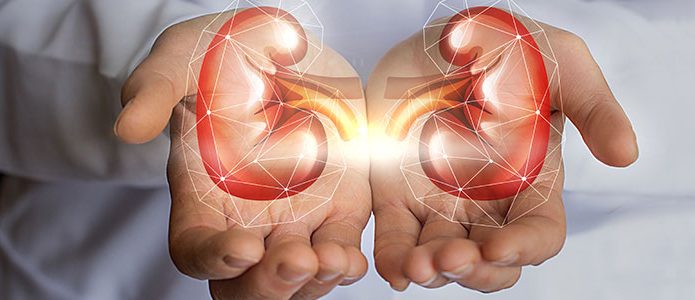CHRONIC KIDNEY DISEASE: WHAT DO I NEED TO KNOW?
Chronic Kidney Disease (CKD) is a serious and growing public health problem in the United States. The number of Americans being treated for kidney failure continues to increase, and other serious complications are associated with CKD.
Your kidneys clean waste and extra fluid from your blood, and they are often referred to as the world’s hardest-working, most elaborate filtering machine. Most people have two kidneys located on either side of the spine. Each kidney is typically about the size of a fist.
There are many other jobs that your kidneys perform 24 hours a day seven days a week:
- Controls chemicals in the body
- Helps control blood pressure
- Helps keep bones healthy
- Helps make red blood cells
Chronic Kidney Disease can refer to many different kinds of diseases. CKD is lasting damage to the kidneys that cannot be reversed. If the damage is very bad, the kidneys may stop working altogether. If this happens, dialysis or a kidney transplant is necessary in order to live.



